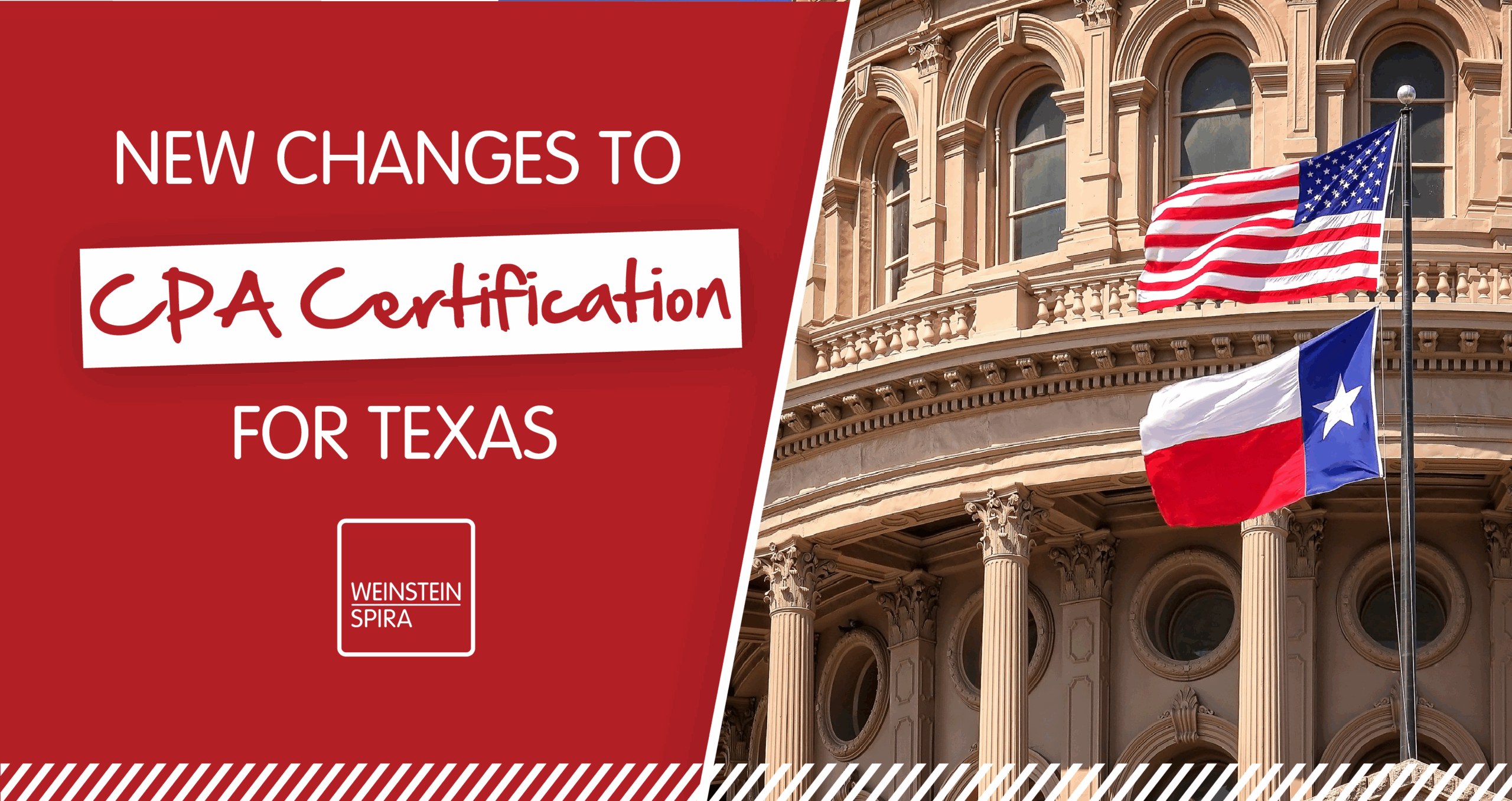It is important for a restaurant to have successful accounting records, especially in the beginning, start-up phase and when making critical decisions that will drive growth. A key contributor to a restaurant’s ultimate success is an accurate, complete set of financial information. But, how do you ensure such accuracy? This blog presents a formula that I have seen work with my restaurant clients. It all has to do with having the “right stuff’ in place ─ from people to software to outsourced services and knowing the performance indicators.
The Right People for Restaurant Accounting Departments
Find the right people for your accounting department early on. The tendency is to be hesitant to spend money on non-income-producing personnel, such as accountants. Yet, that’s exactly what is needed most to get started and keep the business solvent, particularly during a period of high growth (i.e. when things can easily get out of control). Having someone to monitor the quality of your records and financial statements has a direct impact on the continued life of your restaurant. It is actually a great investment!
The Right Accounting Software for Restaurants
Find the right software for managing your point of service (POS) systems and accounts receivable and payable. There are industry-specific programs available, with embedded accounting ledgers and restaurant-related features, such as analyzing ingredients in each menu item to get a true cost. These programs assist with menu pricing, help with inventory management and setting up a useful chart of accounts. A restaurant centric accounting program is key to bettering your operations. Furthermore, it helps to have everything in the same place to produce a solid financial statement and other reports to assist management in their decision-making process.
The Right Outsourced Services for Restaurants
Find the right service team to support your in-house staff. Payroll outsourcing, for example, is a good idea due to the high turnover of waitpersons and the intricacies of reporting tip income. Accurate employee records can avoid “not so fun” dealings with the Department of Labor. And, there can be tax liability issues if human resources records are not kept correctly. To maximize your tax benefits, it is important to hire a company well versed in payroll tax credits and how it applies to restaurant earnings in the form of tips. It can end up being more cost-effective in the long run than trying to keep track of this tricky part of the business by yourself.
The Right KPIs for Restaurants
Track the right key performance indicators (KPIs). You want to ensure that you fall within industry benchmarked standards. There are specific KPIs related to costs that are standard across most restaurants. These have proven to predict success. For instance:
- Food cost is 27-30% of revenues for a full-service restaurant.
- Payroll cost falls within the range of 30-35% of revenues including payroll taxes.
- Occupancy cost is 5-7% of revenues including rent and insurance.
Food, payroll and occupancy are typically a restaurant’s largest expenses. Managing them by using KPIs can be the difference in achieving success or closing.
Successful Accounting Records
Accounting for restaurants to achieve success can be a daunting effort, that is, until things are all set up in the correct way. You may opt to hire your own internal accounting personnel or look outside for external guidance, even complete outsourcing. Weinstein Spira can assist from a consulting perspective at various stages. Whether you need help thinking about the internal accounting group structure, analyzing financial records and statements to find areas of weakness and how to improve, or benchmarking against industry standards to remain competitive, it pays to enlist qualified advisors, including CPAs, to avoid costly mistakes and maintain profitability. Applying the formula presented here, or some version of it, will go a long way towards achieving success in your restaurant business.



